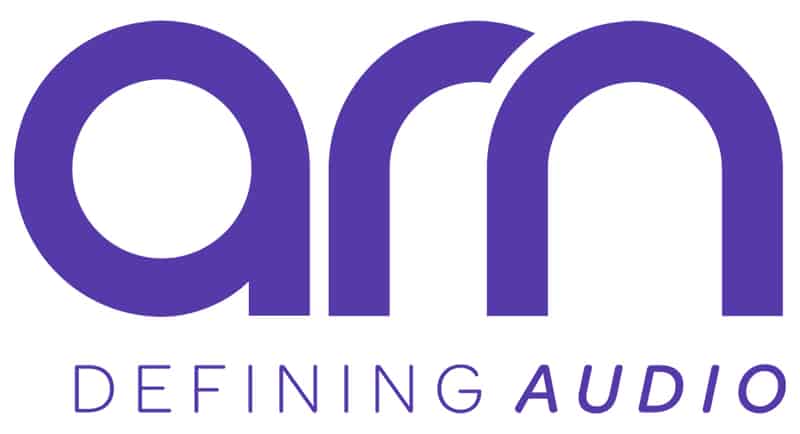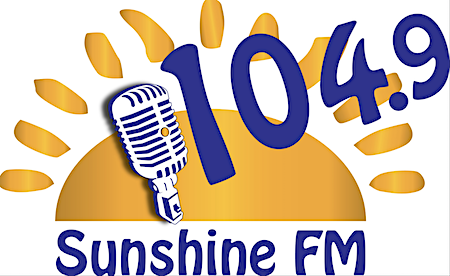Managing the Change

Radio is in its greatest ever period of change.
Over the years there has been plenty of arguments from the commercial sector for the BBC to “get their tanks off our lawn”. However there is a recognition that the BBC assists the industry by blazing a trail in areas that are not commercially viable.
It does innovate and test new concepts that encourage the audience in new areas, ultimately offering revenue opportunities for the commercial operators.
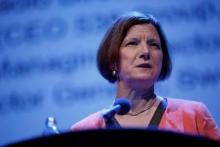 Helen Boaden (left) is the BBC’s Director of Radio and is one of the world’s most powerful radio executives.
Helen Boaden (left) is the BBC’s Director of Radio and is one of the world’s most powerful radio executives.
After 8 years as Director of News for the entire BBC, Helen returned to her roots to head up the BBC’s extensive range of radio services and its growing range of visual and social output.
In Boaden’s presentation, the first attention grabbing statistic was that sales of radios in the UK are down 54% from 2005!
From there Helen commented that competition for radio is not from other radio services, rather it is from all the media entertainment services which demand time from audiences; competition in audio from global tech giants attacking what is (from a global scale perspective) a fragmented national (radio) sector.
Boaden says these are iceberg challenges that are slowly (or quickly depending on your perspective) developing. You see the tip but don’t know the underlying extent of the problem.
BBC’s radio strategy is simply put as ‘Digital and Distinctiveness’.
While it may not sound radical, it is in the execution where you see the might of what is inarguably a well funded BBC. They have great talent, and time, to focus on designing and implementing the plan.
Boaden cited CHR station Radio One as the early innovator and suggested the BBC’s other older targeted network stations may take on Radio One’s approach of ‘Listen, Watch, Share’.
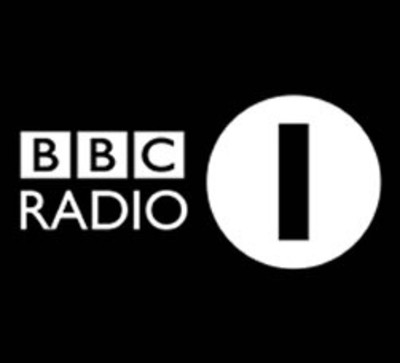 Share
Share
Radio One has a relentless focus on gathering audience data and social media insights to work out what listeners want, and most importantly when they want it. An example; they observed that sharing for under 20’s was most prolific on Sunday nights as students were in homework time.
With a public service remit the station is experimenting with “snack-able” content, short form with news information and analysis for mobile consumption to catch up and share with friends.
Watch
At Glastonbury, Radio One and DAB stations One Extra and 6 Music had cameras across 6 stages, and with Radio One, TV for mobile devices containing online video footage from radio footage.
From all that social media data they gathered the insight into Sunday nights. Now, they fully screen the ‘Dan and Phil’ show (here) for under 20’s before the school and work week. Whilst this is done on Australian stations, there is a drive for mobile consumption and audience engagement via those devices.
Radio one will also have it’s own ‘TV’ channel on I-player not broadcast on TV. It’s another way that enhances the offering to audiences. It’s where the might of the BBC becomes apparent.
(dan and phil pictured below)
Listen
Helen Boaden reminded delegates how important it was to preserve the habit of radio listening, and that mobile devices currently have drawbacks. These include mobile battery life, buffering and bill shock. Maybe in the future In future it’ll be known as the Boaden’s three B’s!
She is working together with a coalition of broadcasters encouraging manufacturers to build radio (FM, DAB+, DMB and HD radio) into mobile devices to combine to make broadcast work alongside the attributes of mobile’s one to one capabilities.

On DAB Boadens says “We need to maintain a robust free to air broadcast distribution backbone and that means DAB for us in the UK. It is simple, free and offers more choice”.
The industry will fund further rollout of of DAB to match current FM services.
At the same time she said there were still significant obstacles to DAB being successful. Cars are the obvious area and she offered her view of how important that time of radio listening is. It is one area where younger listeners get actively introduced into radio and it helps educate kids to listen to radio.
On ‘Distinctive’, Boaden says we need high quality distinctive content. Day to day excellence to keep the listeners daily radio habit while creating sense of surprise by ensuring we innovate.
Distinctive radio requires great ideas and creative, energetic people not just computer generated algorithms;
“You don’t have a one to one relationship with an aggregator or music list. Curation and brilliant rapport with our presenters is arguably more important today than ever before….innovation and distinctive requires effort and we’re under pressure for resource efficiencies”
One of the most valuable insights in to the leadership approach of Helen Boaden came from this line;
“In my experience it can be done if your staff and audience know you have a clear vision”. One to remember if you are a leader of a team of announcers sales people or a whole network.
Bodeans says she see’s the BBC as the risk capital for the entire industry “we can try and if we fail, we fail fast and accurately”.
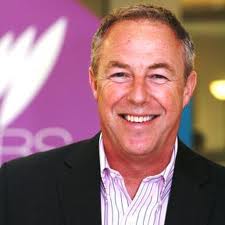
Dirk Anthony is at Radio Days Europe for Radio Today, Dirk is an internationally recognised radio consultant, and can be contacted here.

